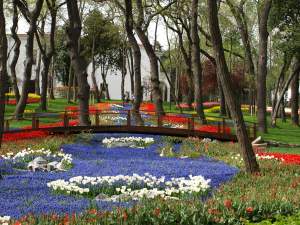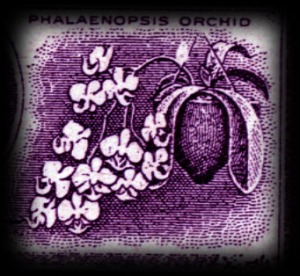Matador network recently published “what not to do in Istanbul.” Suggestions to avoid crowds, tourist traps, deal with time constraints and low budgets, partake in local customs. It can be an overwhelming city and a list of what not to do is very helpful.
After seven years in this surprising megalopolis I agreed with very few of the suggestions.
I rarely contribute travel pieces anymore — focusing more on cultural identity work and pursuing hybrid entertainment — but since the tourism season approaches here are the points I see differently:
Ø *Skip Dolmabahçe*. (It’s a 19th century European-style palace and if you’ve ever seen one of those, this won’t be news). No exhibits and you can’t wander by yourself.
√ *Don’t skip Topkapı Palace* and don’t skip the separately ticketed harem tour. (Just go early after a big breakfast like I suggest here). It’s worth seeing the treasury, and the tiled kiosks at the far end of the compound, as well as the kitchens. Also you can pop into the stupendous archaeology museum on the grounds.
√ *Do stay in Taksim* if you want to experience a more authentic Turkish scene. Istiklal is perfect for dining, bar-hopping, strolling, people-watching, cafe-sitting. Some hotels are on raucous streets (travel with earplugs), but not all of them. (Sultanahmet may be close to the historic sites but it’s shark-bait touristy, and lifeless at night.) Taksim is on the Metro line, with a funicular that puts you on the tram to Sultanahmet. The most painless commute in town. Plus, the trek back and forth between old town and Beyoğlu, across Galata bridge, is one you’ll enjoy having to make as my walking tour for National Geographic shows.
√ *Do take a Bosphorus cruise*, just not the overpriced tourist traps from the Eminönü dock. Catch a lovely one hour $5 ferry from the landing behind the Ortaköy mosque like I describe here.
Ø *Skip the Princes Islands* if the reason you’re getting on a boat is for the views and breezes. The high speed boats that carry you to the Sea of Marmara have scratched plastic windows you can’t see out of, and you’re not allowed on deck.
Ø *Don’t accept tea* if you don’t want to spend your time with a particular person, or in a particular place. Don’t confuse a tourism sales tactic with the fabled Turkish hospitality. As a traveler in a big city, it’s still your time, and your choice who you drink tea with. If you’re interested in chatting or shopping, fine. If not, politely decline and keep moving. When hawkers in the bazaar and tourism district are unrelenting a clucking of the tongue and upward roll of the eyes is Turkish for “no, and don’t ask me again”. Plus, apple tea is only for tourists. If you aim to drink tea in a traditional manner, ask for normal black tea.
What would you suggest we *not* do in Istanbul, and why?
This blog has moved. Comment here.




 2010 Capital of Culture monthly feature of best Istanbul links
2010 Capital of Culture monthly feature of best Istanbul links